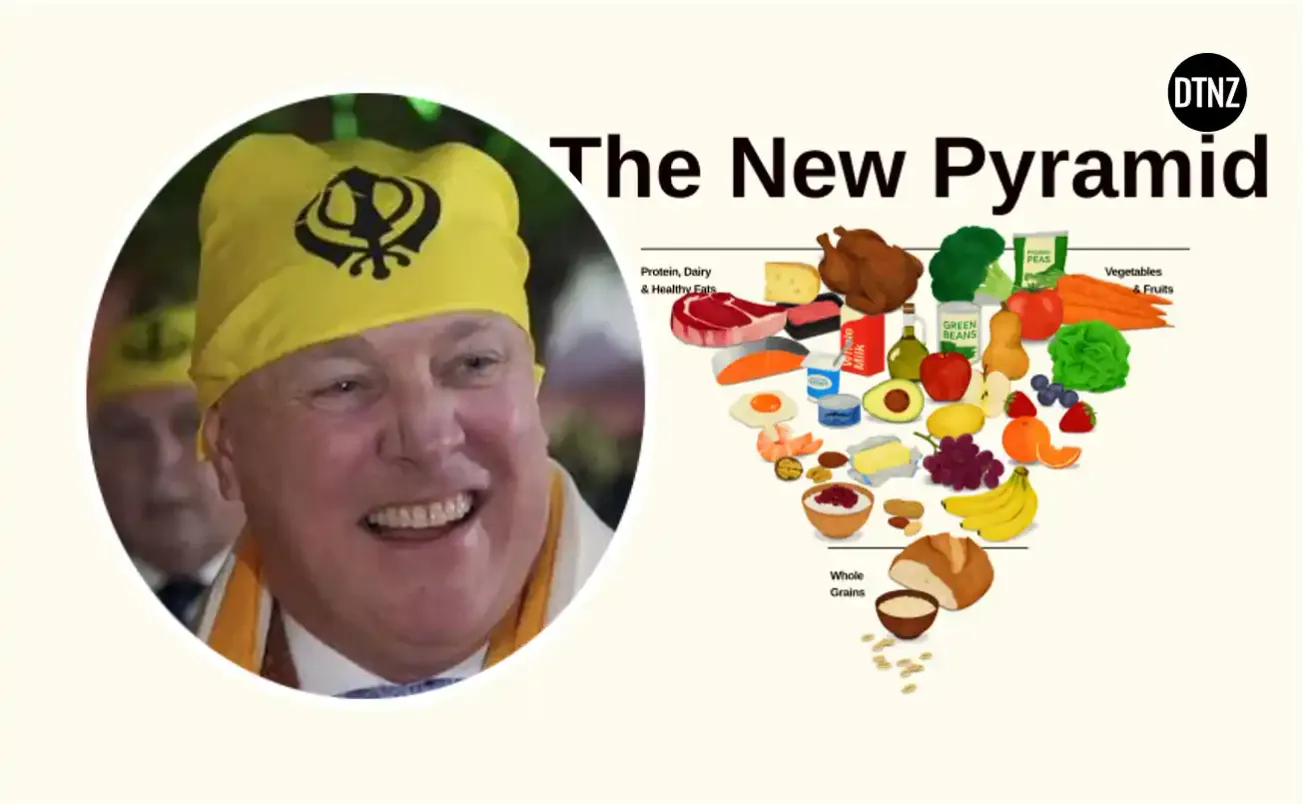
The Myth in New Zealand Education
New Zealand’s education system is teaching children a modern ideological story as ancient truth – a story that rewrites history, embeds race-based authority and quietly undermines democratic equality.

New Zealand’s education system is teaching children a modern ideological story as ancient truth – a story that rewrites history, embeds race-based authority and quietly undermines democratic equality.


If MPs want trust, they should stop asking for it and start earning it. Publish the receipts. Every quarter. Every MP. Until then, do not be surprised when the public assumes the worst.

Brazier’s exit cannot come soon enough. The firearms community and the public deserve better than cover-up artists in charge.

Spare us the moral grandstanding about firefighters “gambling with lives” when the real gamble is a system that underpays essential services while happily burning money elsewhere.

That is “reverse language imperialism”. And, the politics of language in New Zealand.

Latest developments in a storm that’s not in a teacup.


Entrusting millions of Kiwis’ health records to a one-man monopoly was a disaster waiting to happen and we’re all waking up to the cost of that mistake.

Failed states deserve occasional thumps. Might is Right never stopped mattering, no matter what the elite bleats.

The power to interfere with evolution is not a blessing, it is a curse.

The debate has become increasingly political and personal, with concerns raised about domestic policy settings that could affect New Zealand’s ‘premium’ food branding, including proposed genetic engineering reforms and environmental initiatives targeting agricultural emissions.

The question is whether New Zealanders are prepared to give up equal, democratic control over water itself. That would be a step too far.

The warnings were ignored. This was preventable. The question now is whether anyone will be held accountable, or whether we’ll simply wait for the next catastrophe.

Erika Whittome filed this matter in an effort to get transparency and accountability for the people of New Zealand because there appears to be a new allegiance to Pfizer’s commercial interests, instead of transparency to the New Zealand people.
